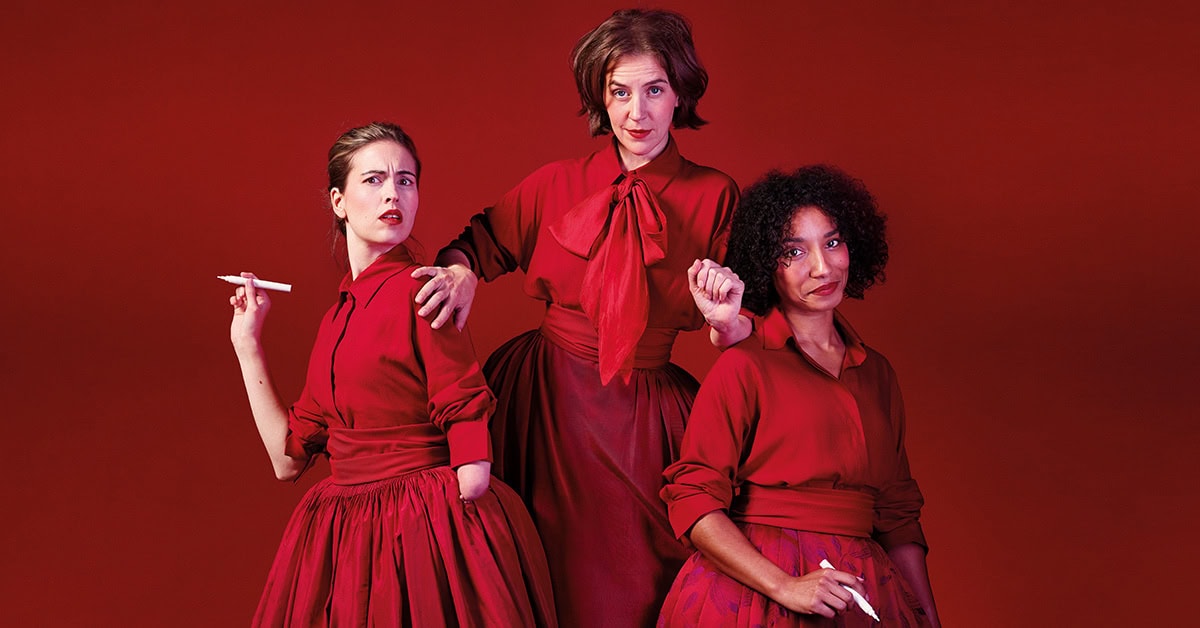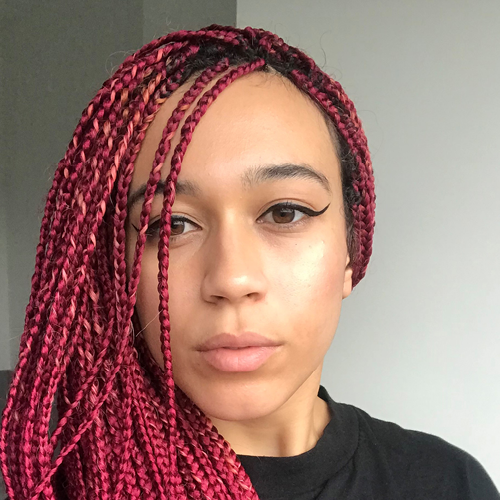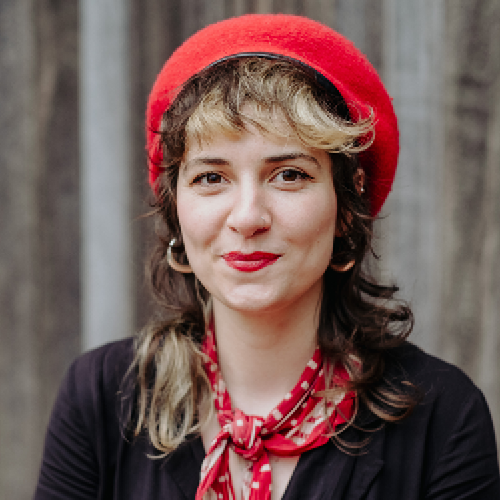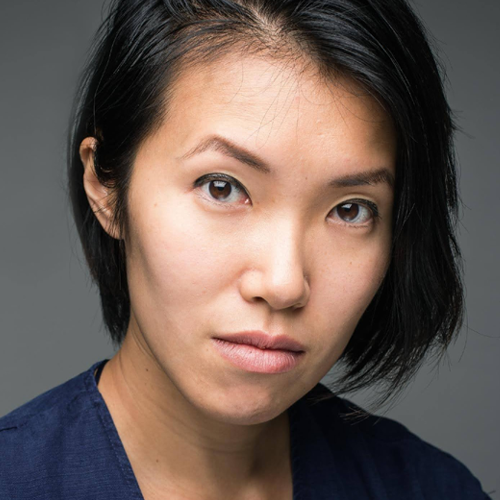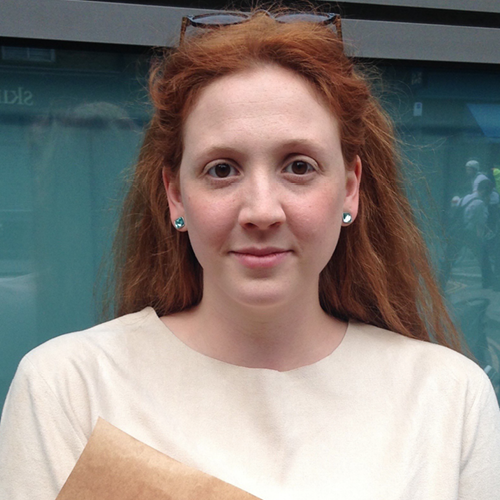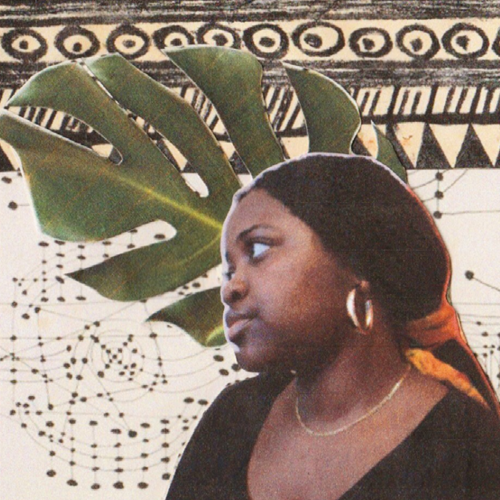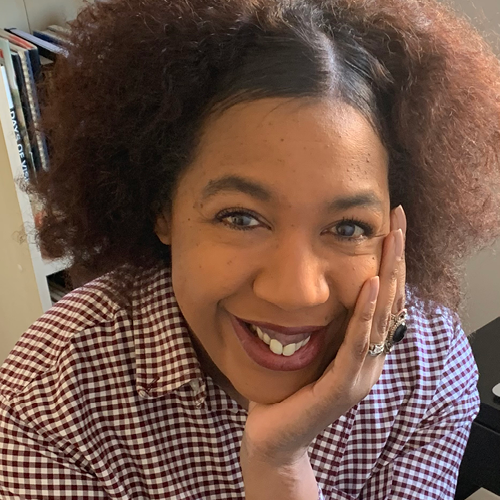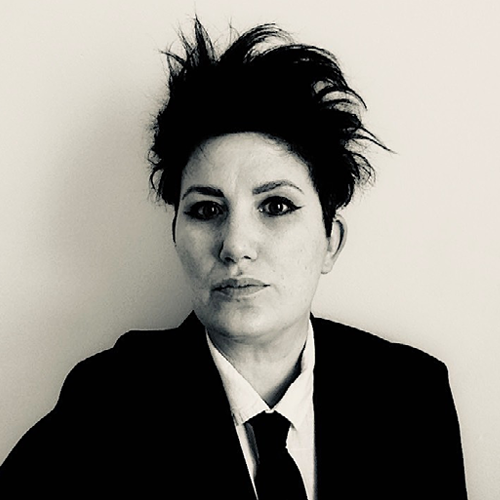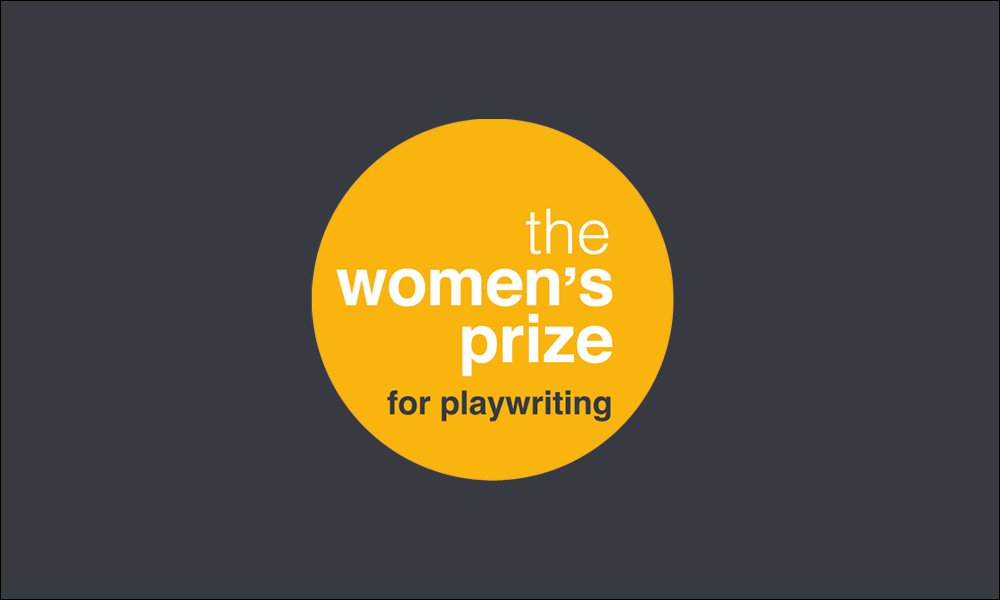
EKP and Paines Plough, with 45North and in association with Sonia Friedman Productions, today announce the finalists for the 2021 The Women’s Prize for Playwriting. Concord Theatricals is proud to be the Prize’s official publishing partner. The overall winner, who is yet to be announced, will receive £12,000 in respect of an exclusive option for the lead producers of the Prize to co-produce the winning play.
These eight Finalists were selected from over 850 entries by female-identifying playwrights. Get to know the writers and their work.
…
Birdie by Alison Carr
Alison is from, and continues to live in, Newcastle upon Tyne. She is committed to telling bold, entertaining and energetic stories with women at their heart, and her work has been performed on stages and non-traditional theatre spaces across the UK. Credits include TUESDAY (National Theatre Connections Festival); THE LAST QUIZ NIGHT ON EARTH (Box of Tricks Theatre Company); CATERPILLAR (Theatre503/Stephen Joseph Theatre); IRIS (Live Theatre); FAT ALICE (Traverse Theatre/ran Mór/Aberdeen Performing Arts); THE SOAKING OF VERA SHRIMP (Edinburgh Festival Fringe).
Describe your play in a sentence.
How do you live your life as someone else, and what do you do if your greatest achievement is an unforgivable crime?
What was the inspiration for the piece?
Birdie is a culmination of many of my fascinations and preoccupations – including (but not limited to) – true crime, identity, family, knotty (unlikable?) female protagonists, legacy, and, as lofty as it sounds, the nature of evil.
What would winning The Women’s Prize for Playwriting mean to you?
I should be cool and say being nominated is prize enough – and, of course, it’s amazing to be a finalist – but winning is the goal, right?! It would mean everything. This play’s journey has been a long one, and at times very challenging and difficult. So it’s more than *just* a script, it represents resilience, persistence and how I value myself and my work. Winning would be a huge boost, and I’d be so proud and delighted to be able to share this story and these characters with audiences.
Who are your favourite female writers or artists?
Victoria Wood, Lucy Kirkwood, Annie Baker, debbie tucker green, Sally Wainwright, Lynn Nottage, Sharon Horgan, Clare Barron, Dolly Parton.
HOW I LEARNED TO SWIM by Somebody Jones
Somebody Jones is a Los Angeles native playwright/dramaturg, currently living, working, and dreaming in London. Jones’s work celebrates and champions Black culture in all of its charms and complexities. The playwright primarily works within the genres of horror, magical realism, verbatim, and recently, Black fantasy.
The name Somebody Jones means the more you run from your past, the more you’ll run into it.
Describe your play in a sentence.
A coming-of-adulthood play about grief, loss, and forgiveness, that finally answers the question: Are there really sharks in the deep end of the pool?
What was the inspiration for the piece?
I really wanted to explore Black people’s relationship to water from a global perspective and doing the research was so fun. I learned that only about 95% of Black people in the UK can’t swim (Swim England), which was equally frightening and intriguing.
I’m from California, where learning to swim has nothing to do with class. As a beach state, it’s a necessity. So it was interesting to learn what barriers — including and excluding class — there are when it comes to Black people and swimming.
I also love magical realism and horror, so it was fun finding out about the water deity, Mami Wata and incorporating her in the piece.
What would winning The Women’s Prize for Playwriting mean to you?
As cheesy as it sounds, I’ve already won. All I wanted was to make it to the Finalists. So when I made it to the longlist, I was like, “Ok, just two more rounds.” Then the shortlist — “Ok, one to go!” And when I found out I made it to the Finalists, I popped a little bottle of champagne for myself.
Being a Finalist has already opened so many doors for me. So I am so appreciative of Ellie Keel, Paines Plough, and the entire panel of judges.
If I could have one more wish, it would be to meet and celebrate all of these other amazingly talented and daring female playwrights in person.
Who are your favourite female writers or artists?
There’s so many! But these are the writers who have plays that I always go back to: Ngozi Anyanwu, Julie Taiwo Quarles, Jennifer Haley, Sheila Callaghan, and Mia Chung.
Consumed by Karis Kelly
Karis Kelly is a playwright, theatre maker and educator. Her work puts explosive female characters centre stage, employing dark humour to explore her themes, which often centre around Northern Irish identity. She currently facilitates Fighting Words Belfast’s Young Playwrights Programme and Papatango’s GoWrite programme. Previously, she worked as the Literary Assistant at the Bush Theatre and the Literary Associate at Theatre503. Her short plays have been performed at Hampstead Theatre, Old Red Lion, Hightide Festival, Headlong, The Gate, and the Arcola. She is a winner of the 2022 Peggy Ramsay Foundation and Film4 Playwright’s Scheme Bursary and will join The Lyric, Belfast as their writer-in-residence.
Describe your play in a sentence.
A darkly funny, confronting, visceral and violent take on four generations of Northern Irish women, their obsessions, addictions and the skeletons in their closets….
What was the inspiration for the piece?
My parents are Northern Irish immigrants who, like a third of the population left during the Troubles. Though they’ve since returned home, I was brought up in London, surrounded by complicated and nuanced Northern Irish women. I never saw these women represented in the media, on stage or in film. So I started the play with a simple premise – put four generations of these women together in a room and see what happens. The results were pretty explosive and the play sort of wrote itself. During the pandemic, when I really got to work on the play, I was diagnosed with OCD, something I’d had since I was a child but learnt to hide, repress and manage (arguably the Northern Irish way!) This realisation sent me down a rabbit hole of reading into transgenerational trauma, and it dawned on me that OCD, in varying forms, has always consumed the women in my family. The play became a vehicle to unpick the trauma and the violence that is inherent and insidiously affects all people of Northern Irish descent, be that those who stayed or those who left. The play is about the legacy of trauma – how it stays in the body on a cellular level, and is passed down from generation to generation.
What would winning The Women’s Prize for Playwriting mean to you?
Being selected as a finalist is a complete career highlight for me! So I think I’d be completely bowled over if I won. I really am delighted to have made it this far, and so grateful that my work has been put in front of the really stellar judges. I have been writing since 2009, steadily growing my work. When the rejection letters roll in, you question yourself, wondering if you have what it takes so getting to this point is incredibly validating and hugely confidence boosting!
Who are your favourite female writers or artists?
Sarah Kane, Marina Carr and Caryl Churchill. I’m also really inspired by my contemporaries in Irish playwriting, writers like Meghan Tyler. There’s a rise in female Irish writers employing violence in their work, a wave of what’s being referred to as “Tarantino feminism”. Ireland, in particular Northern Ireland has historically endured so much violence – it feels empowering to re-appropriate it through writing.
A Bouffon Play About Hong Kong by Isabella Leung
Isabella Leung (she/her) is a London based actor, theatre maker and writer from Hong Kong. She graduated from the University of Manchester with BA(hons) Drama, and completed two years of Theatre Diploma training at École Philippe Gaulier, France.
Isabella’s writing has been featured in Written On the Waves by 45North, Freedom Hi and Tiananmen 30 by Papergang Theatre, Creating Apart by Exit Pursued by Panda, Girl Who Fell Through The World by Disentangle Projects and Silence is Compliance by Young Blood Initiative. A Bouffon Play About Hong Kong is Isabella’s first full-length play. It has received the support of Live Theatre Bursary, and was shortlisted by BOLD Theatre’s BOLD Playwright Development.
Describe your play in a sentence.
A Bouffon Play About Hong Kong is an absurd and funny reimagination of a city that is slowly losing her identity.
What was the inspiration for the piece?
I started writing sketches of bouffon pieces in response to the events in Hong Kong in 2019. I wasn’t there in person, so my writing became a way for me to release how I felt about it all. I find laughter liberating – that’s why we love memes, dressing up as politicians in protests and laughing at the absurdity of our world. But behind the laughter there is pain, there is resilience and there is hope – and I think that’s the spirit of Hong Kong.
What would winning The Women’s Prize for Playwriting mean to you?
I can’t even tell you – it would be a dream come true! This play means so much to me, and coming this far shows that our voices matter, and that people want to know our story – and for that I’m truly grateful. Recently, more and more Hong Kongers are migrating to the UK, winning the prize and having the play produced by EKP and Paines Plough means that both the local UK audience and the new immigrants from Hong Kong would actually see this play on stage – I only have one word for that: WOW!
Who are your favourite female writers or artists?
Pheobe Waller-Bridge, Michaela Coel, Serrini (Serruria Leung Ka-yan), Liu Xia, Chloé Zhao, Lorriane Hansberry, Wong Wing-Sze, Candace Chong Mui-Ngam, Kearen Pang, Andrea Gibson, Cathy Park Hong, Yi Shu, Marguerite Duras, Virginia Woolf.
FURIES by Isley Lynn
Isley is an American-born, London-based playwright. Her play SKIN A CAT was awarded ‘Pick Of The Year’ by the Vault Festival 2016, was nominated for four Off West End Awards, including Best New Play, and played at The Bunker as their premiere production. Other works include THE WAR OF THE WORLDS (Rhum and Clay, New Diorama Theatre, international tour), ALBATROSS (Paines Plough and Royal Welsh College of Music and Drama), CANACE: A GOOD STORY (15 HEROINES, Jermyn Street Theatre).
Describe your play in a sentence.
Sick of tweets and vigils, two young women take retribution into their own hands – a thriller about what we should do if we could.
What was the inspiration for the piece?
I read an article about something horrific back in 2013, just before laying my head down to sleep. I did not sleep. Instead I wrote what would become the almost-last scene of FURIES, where two young women deal with the impact of taking justice into their own hands in the way all of us darkly fantasize about when we encounter something terrible and feel powerless. I was sick of feeling powerless, so I created a story where I could play out what it would look like, and what it would cost, to take on that power and enact it.
What would winning The Women’s Prize for Playwriting mean to you?
I’m honestly not letting myself hope that high, because it would mean so much. It would mean an emergence from perpetual Emerging Writer status to being an award-winning writer – and for an award that I am personally so inspired by, and is so needed in our industry. It would mean a MUCH needed injection of cash into my bank account, and a production of a play I love with companies I’m a huge fan of. It would be a massive validation for the years I’ve spent making this play – but truly, I’m thrilled just to be listed as a Finalist, and I hope that just being listed as a Finalist will help me find the play its home; the Women’s Prize for Playwriting is very explicit about the job of the prize being to spotlight ALL the writers with brilliant scripts ready for the stage, so I hope other companies and venues devour the shortlist and the longlist as well as these final eight.
Who are your favourite female writers or artists?
I’m not just saying this to be nice – the other finalists! I know all of them in some way or another, have worked alongside Karis Kelly, was mentored by Paula B Stanic, and have always adored Abi Zakarian’s stuff. What company to be in!
upright enuf by lydia luke
lydia luke is a Black woman poet, playwright and facilitator born and based in Epsom, UK. Her work has appeared on several platforms including Lungs Project, Guts Publishing, SYLA STUDIO and sweet thang zine. She is co-facilitator of PRISM WRITERS and black storytellers. She was in the Royal Court’s Introduction to Playwriting 2020/21 cohort.
Describe your play in one sentence.
To dispute Giggs’ classic tune, pain doesn’t have to be the essence. Kill the voice in your head that tells you it must be. Healing is always possible.
What was the inspiration for the piece?
I was experiencing some rather gruesome period pains whilst trying to write another play backstage at The Bunker (RIP), and the first draft just poured out of me. When developing it further, I thought about all the stories I’d heard of Black women not being listened to by doctors and NHS professionals. Shout-out to actor Zakiyyah Dean, who’s been with the play since its inception.
What would winning The Women’s Prize for Playwriting mean to you?
I really wanted to be a finalist so I’m already very proud of myself, (Winsome Pinnock is reading my play, ah!) but I think winning could be a springboard towards a sustainable career as a playwright and theatre-maker.
Who are your favourite female writers or artists?
debbie tucker green, babirye bukilwa, Toni Morrison, Brit Bennet, Yrsa Daley-Ward, Warsan Shire, Sarah Kane, Lynette Yiadom Boakye, SZA, Mary J Blige, Jenn Nkiru, Adama Jalloh, Amy Winehouse, Lianne La Havas, Phoenix Yemi, Laura Marling, and so so many more!
4 Decades by Paula B Stanic
Paula B Stanic grew up in Manor Park, East London. She’s been a writer in residence at Soho Theatre, writer on attachment at the NT Studio and part of the 2016 Drama Room at BBC Writersroom. Paula’s a previous winner of the Alfred Fagon and Adrienne Benham Awards. She’s written plays for Soho Theatre, Red Ladder, Mama Quilla, Theatre Centre and Tangle amongst others. She was recently co-writer on Messiah with Jesse Briton exploring the legacy of Black Panther Activist Fred Hampton and is currently working with Wiltshire Creative, Prime Theatre and Zoo Co.
Describe your play in a sentence.
Snapshots through ninety years of Leona Clearey’s life, stopping at the four most significant decades for her and her family.
What was the inspiration for the piece?
There were a few, but probably the biggest was looking at all these old photographs from Black British history and reading about this particular experience. In 1995 black men and women who had served during WW2 were not invited to take part in the 50th commemoration of VE day. The feeling I got reading about that and, the reality that sometimes people really close to you won’t/ can’t understand your experience inspired the story. With the character of Esther I was inspired by bits of stories of black performers from different times who had to go abroad to get work. The family is a fictional one, created to remember a few of those whose names or stories are missing and to show something different around our presence in the UK. Also I love playing with time and am more and more inspired by how I can use it differently. It felt like this was a chance to play with it on a bigger scale. The first draft originally found different moments in nearly all of the nine decades it passes, but that felt way too much.
What would winning The Women’s Prize for Playwriting mean to you?
It means the play has a chance of being developed further and produced, so it would be brilliant. But I’m just genuinely happy the play is a finalist. That means more people read about it which could lead to more opportunities for it to get realised.
Who are your favourite female writers or artists?
Way too many to name. I add to the list all the time and I don’t want to leave anyone out. I’ll just say Michaela Coel and Kay Adshead’s work were two highlights of lockdown for me.
MOUNTAIN WARFARE by Abi Zakarian
Abi Zakarian is a British-Armenian playwright. Her plays include: FOUND, produced by 45North; PERFECT MYTH ALLEGORY produced by Jermyn Street Theatre for their ‘15 Heroines’ series which won an OffWestEnd OnComm award; I AM KARYAN OPHIDIAN produced by Shakespeare’s Globe Theatre for the Sam Wanamaker Theatre; A THRESHOLD, Brit School/Andrew Lloyd Webber Bridge Foundation; ENOUGH, produced by Small Truth Theatre for the Kensington Karavan Festival; FABRIC, produced by Damsel Productions for Soho Theatre and a London Community tour; I HAVE A MOUTH AND I WILL SCREAM produced by Joyous Gard for VAULT Festival where it won the festival’s 2018 People’s Choice Award; A THOUSAND YARDS, produced by Feast Theatre at Southwark Playhouse. FABRIC, produced by Tremers Theatre, played at Underbelly, Edinburgh Fringe Festival 2016 and won a Fringe First Award.
In 2021 she, Morgan Lloyd Malcolm and Sampira Al-Fihri founded Terrifying Women; a theatre company dedicated to women writing horror and she is currently under commission with Futures Theatre Company and Derby Theatre.
Describe your play in a sentence.
Exploring the denial of the Armenian Genocide, what drives the cycles of ethnic cleansing, and how blood can bind you to a place, MOUNTAIN WARFARE asks what you’d be prepared to do to keep your home, your heritage, and your history alive.
What was the inspiration for the piece?
I’m of Armenian heritage and grew up knowing about the 1915 genocide of 1.5 million Armenians, but you soon learn this is not a subject taught in schools, generally known about or ever staged. It’s also a genocide that is unrecognised in most countries (including the UK) and, worse, is actively denied by several others. I wanted to write a play which addressed these facts, that educated people to the horrors the Armenians suffered, and how denial is the final stage of a genocide leading only to the endless repeat of such atrocities.
What would winning The Women’s Prize for Playwriting mean to you?
Because of the deeply personal nature of my play it would first and foremost feel like a recognition of sorts for my Armenian roots and an acknowledgement of the genocide. The play was written from a place of huge rage at this historic injustice so to win the prize would perhaps feel like a first step towards feeling seen and heard as an Armenian writer in the UK theatre industry. Also, knowing the rigorous reading process and care taken by the Women’s Prize team to look for unrepresented stories and voices has been a really wonderful thing to be part of.
Who are your favourite female writers or artists?
I’m a huge fan of both the late Pina Bausch, and Toco Nikaido; cross-form theatre makers whose work is totally exhilarating and always unique. Contemporary women writers whose work I admire and am inspired by are Timberlake Wertenbaker, debbie tucker-green, Chris Bush and Morgan Lloyd Malcolm. I also love the work of Armenian poet and activist Shushanik Kurghinian (1876-1927). And because the visual is such a huge influence in my writing I’ve got to include some of my favourite artists: Ana Mendieta, Lubaina Himid, Maud Sulter, Louise Bourgeois, the Guerilla Girls, Jenny Holzer, Mariam Aslamazyan and Lynette Yiadom-Boakye.
Learn more about The Women’s Prize for Playwriting.
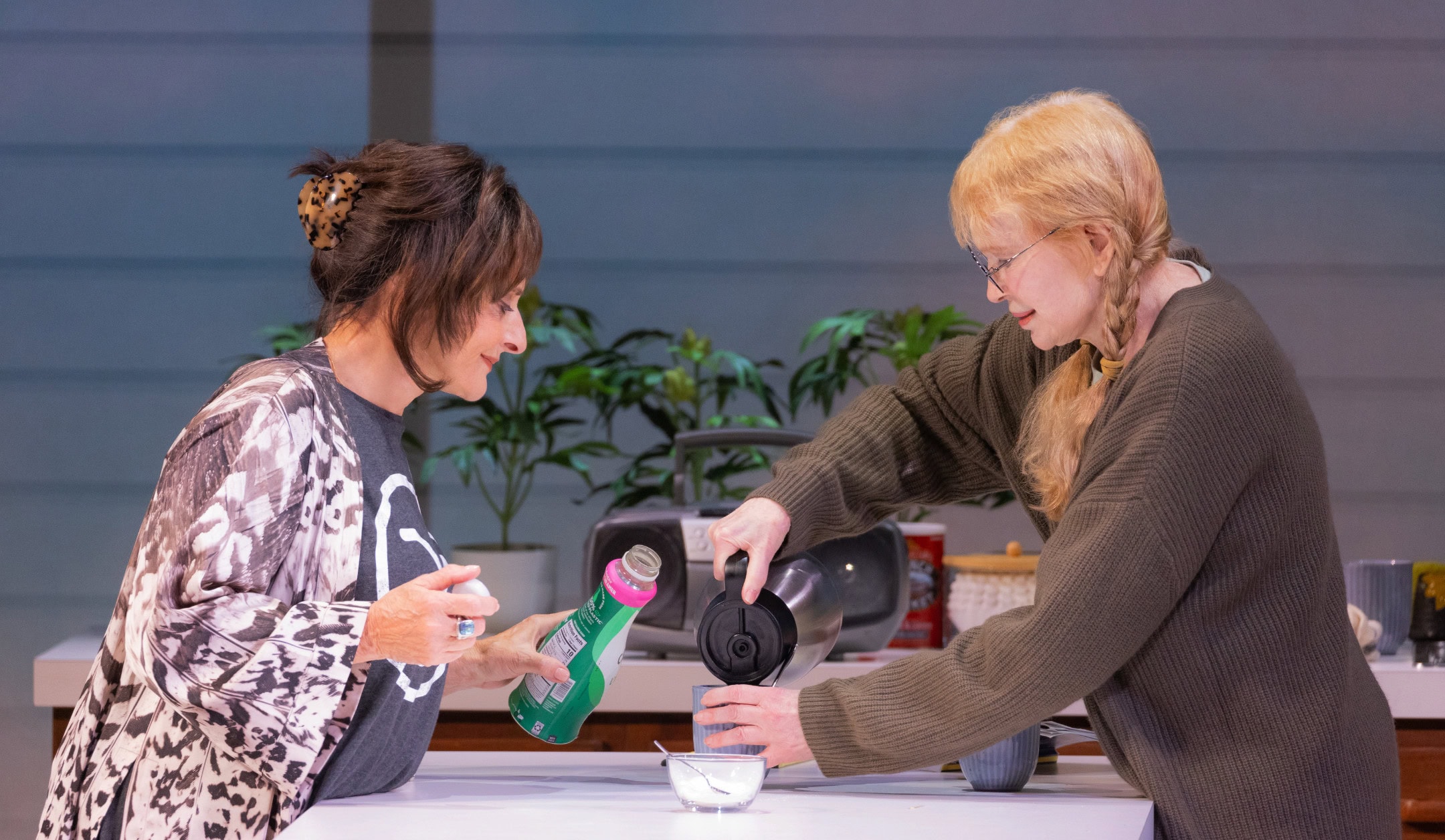
Shows for Senior Groups
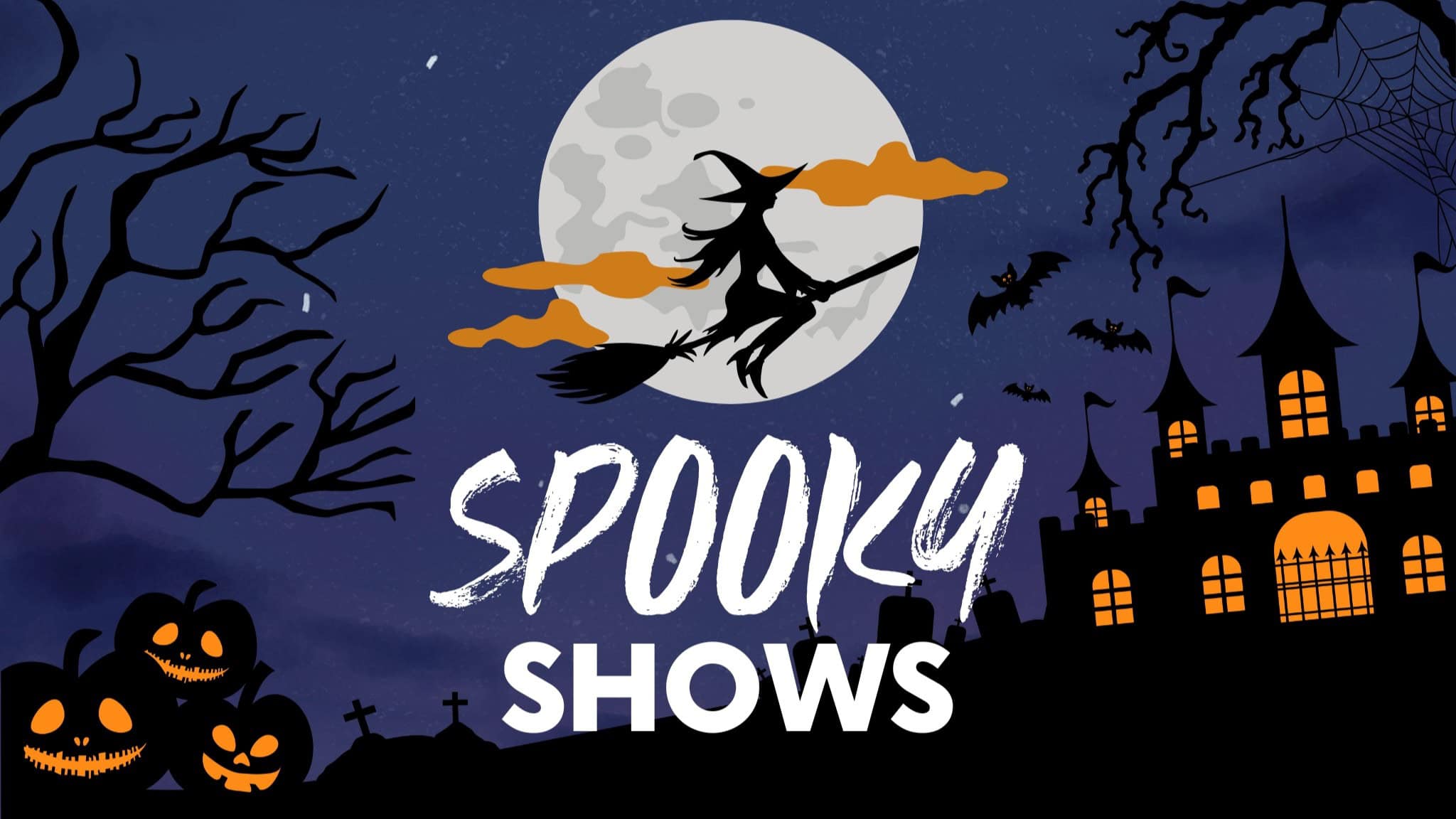
Stage Frights: Spooky Plays and Musicals to Haunt Your Season
